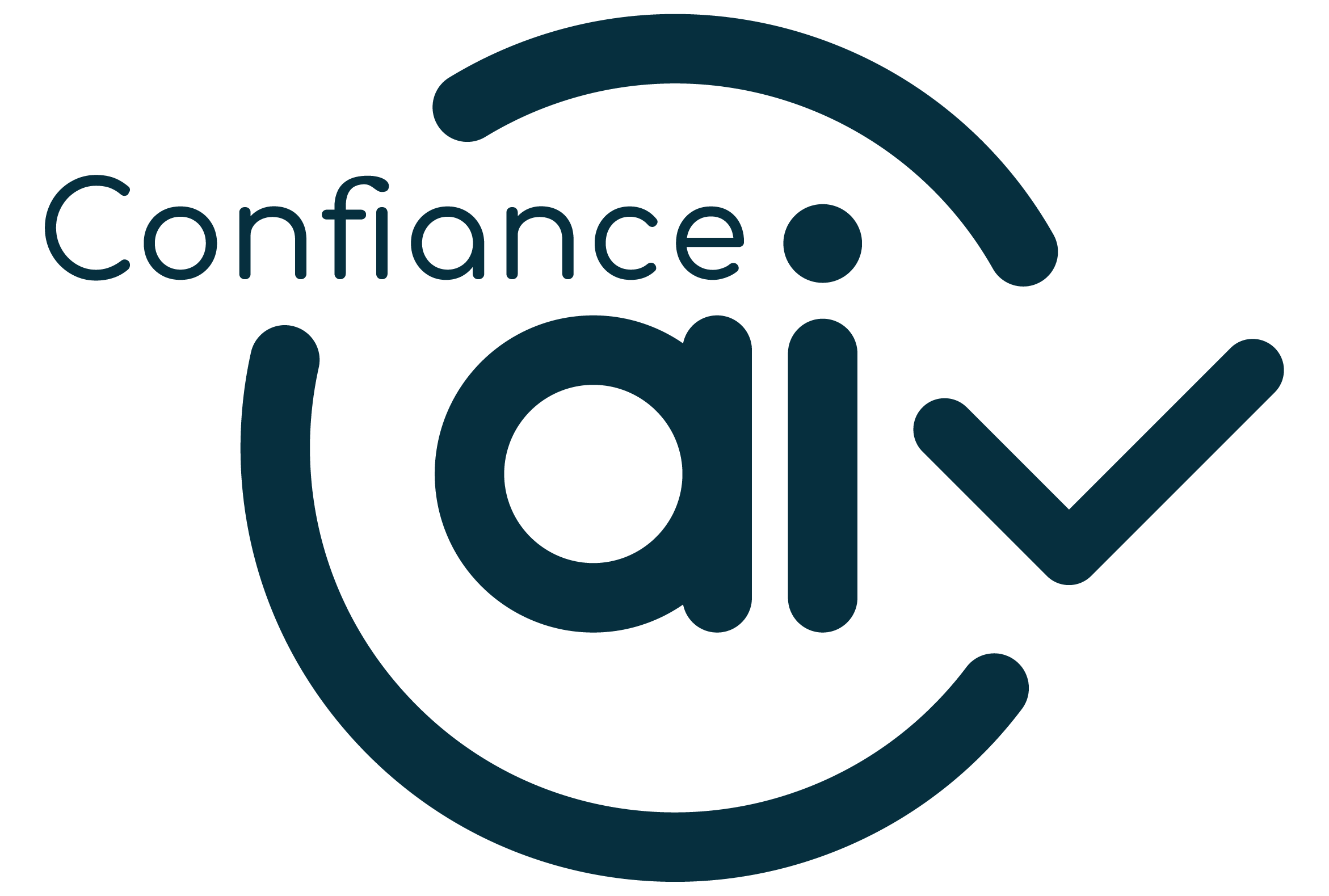
Using generative AI as a competitive lever for Thales LAS OME
By participating in the Confiance.ai program, Thales LAS OME has enhanced its image processing capabilities and integrated advanced generative AI functionalities. These advances are crucial to maintaining its competitiveness.
AI adoption challenges specific to Thales
Modern AIs make it possible to achieve unprecedented levels of performance on standard image processing tasks. They also pave the way for new functionalities, such as generative AI. The use of these new technologies is a prerequisite for competitiveness. On the other hand, these AIs give rise to (or accentuate) certain obstacles: the need to access, manage and annotate large quantities of data, the difficulty of guaranteeing an operating domain, and the difficulty of incrementing models over time.
Products and services affected by the Confiance.ai program
Services impacted could include object detection in images, object tracking and semantic segmentation.
Confiance.ai’s contribution to Thales’ strategy and challenges
Confiance.ai’s most striking contribution is its grasp of image-generating AI methods and their application to our images. This is a candidate technology for overcoming the problem of the frugality of certain object classes during the training phase. The actual contribution of this approach is still being demonstrated. Another contribution is the pre-selection of data to be annotated (via Active Learning) in order to optimize the annotation cost/model performance ratio. Confiance.ai has also enabled Thales to increase its maturity in terms of MLOps and data management (ODD), necessary for the industrialization of AI-based functions.
Competitive advantages developed with Confiance.ai
Confiance.ai first of all enabled us to work in an ecosystem rich in players outside Thales, and to become aware of the collective technical shortcomings of the field. This stimulated the company to define a more rigorous data conditioning process during the learning phase. What’s more, our active contribution on certain subjects has enabled us to rapidly build up our skills in emerging areas, such as image-generating AI.
Challenges and conditions for success for the next phase of the Confiance.ai program
Example of current or future implementation/deployment
Thanks to the generative AI bricks developed in Confiance.ai, Thales is able to generate examples of rare objects and embed them in its proprietary images (infra-red images). The objects generated in this way achieve a very encouraging level of representativeness.
